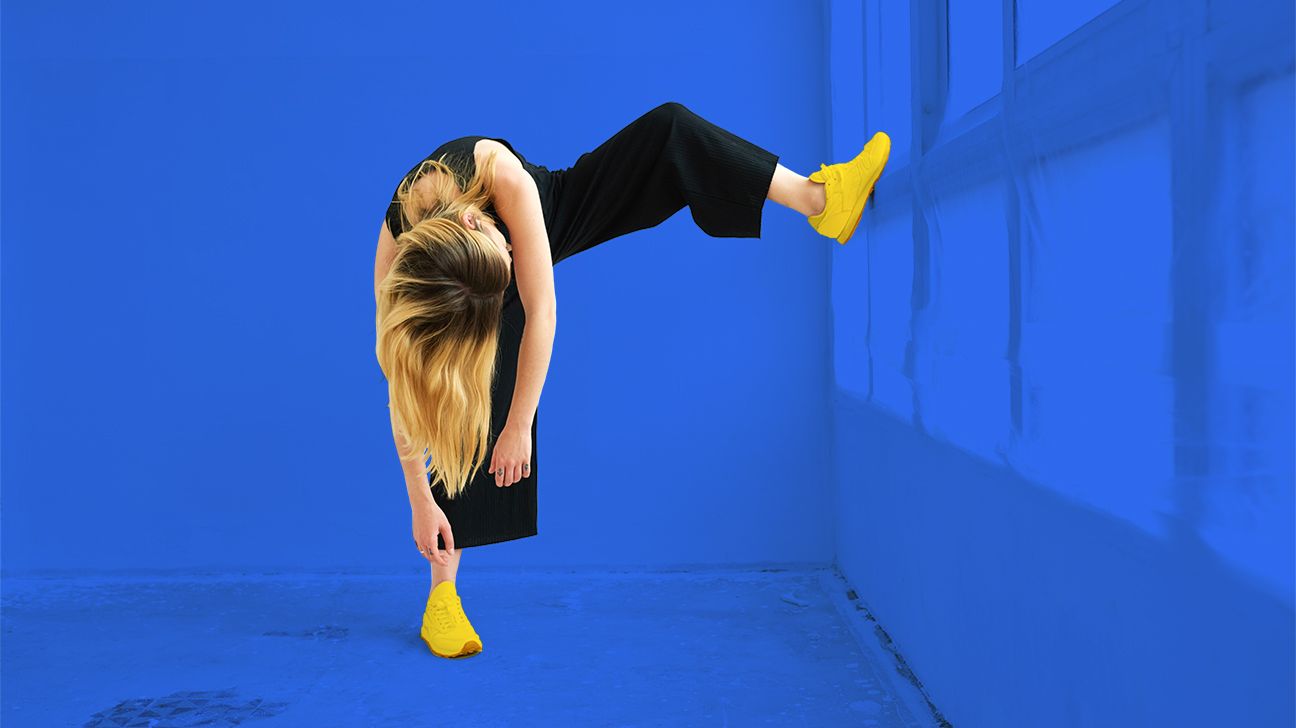One minute you’re craving chocolate, the next you’re clutching your lower stomach with period cramps. Is this what a period is supposed to feel like?
Typically, menstrual cramps are caused by that familiar sensation of your uterus shedding its lining. These period cramps can be uncomfy at best and debilitating at worst.

Uterine and vaginal cramps can also be caused by other factors, including:
- endometriosis
- uterine fibroids
- sexually transmitted infections
- cervical stenosis
For some, period cramps feel so bad you’re couch-bound. For others, they’re a minor inconvenience. Either way, here’s what your period pain can feel like.
What exactly causes period cramps?
When you menstruate, hormone-like lipids that affect pain and inflammation called prostaglandins cause the uterus to contract and shed its lining. This can seriously hurt, especially if you have higher than average levels of prostaglandins in your bod.
According to the National Health Service, most of the time, cramps start when bleeding begins, but you can also experience pain and discomfort for several days before your period starts.
Period cramps are usually the worst when bleeding is the heaviest. So, when you’re rushing to change your tampon or menstrual cup more often, that also might be when you’re reaching for the Midol.
Period cramps might feel like muscle cramps in your stomach with pain that radiates to the thighs and back. For some, it comes in sharp spasms. For others, cramps are dull-but-steady. The symptoms and intensity of pain can also vary from one period to the next.
The uterus is a muscle. When it squeezes and releases, you might experience:
- sharp pain
- a poking feeling
- an achy or tight feeling
- a mild to severe stomachache
Cramping usually lasts 2 to 3 days, but it can last longer and feel like forever. Most of the time, the pain lessens after the first 2 days.
Higher levels of prostaglandins in your body may cause more intense period cramps. Your cramps can still feel sharp or achy, but if your cramps really take a toll on your daily activities, you might have severe cramps.
Most of the time, severe period cramps start earlier in the menstrual cycle and last longer. They don’t respond well to over-the-counter (OTC) pain medication like ibuprofen (Advil) and keep you from doing your regular daily activities, whether that’s hitting the gym or concentrating at work.
Severe cramps are also usually accompanied by heavy bleeding.
FYI:
According to the National Health Service, heavy bleeding means losing 80 milliliters or more each period, passing clots larger than a dime, or having periods that last longer than 7 days.
If you have to change your pad or tampon every 2 hours or less, you have a heavy period.
While period cramps are normal, debilitating ones aren’t. Chat with a doctor if:
- your cramps interfere with your day-to-day life
- your cramps worsen after the first few days of your period
- you’re over 25 and are experiencing cramping for the first time, or have more painful periods than before
If you think you might have severe cramps, visiting a doctor can help you pinpoint the cause and find relief.
Severe cramps are sometimes caused by other conditions including:
Your doctor will probably perform a pelvic exam to discern an underlying cause for the cramping. They will also talk to you about your lifestyle and other factors to help you find the relief you deserve.
Even if you’re not dealing with severe period pain, it still hurts! There are a bunch of ways to help banish your cramps, but here are a few tried-and-true remedies that might work for you:
- Exercise: Even light exercise can release endorphins that lend cramp relief.
- Heating pad: Applying a heating pad to your lower stomach or back can do the trick.
- Hormonal birth control: The pill, patch, ring, implant, and hormonal IUD can help lessen cramp symptoms and shorten your period. To see if this option’s right for you, talk to a doctor.
- Orgasm: Who says you can’t orgasm on your period? Whether you roll solo or with a partner(s), the big O can help boost blood flow down there and alleviate cramps.
- R&R: The National Institutes of Health suggest that stress can worsen symptoms before and during menstruation. So, take a warm bath and relax, light a candle and meditate. Any way you like to unwind may help soothe symptoms.
- OTC pain meds: Pills like ibuprofen (Advil), naproxen (Aleve), or acetaminophen (Tylenol) can ease cramping symptoms. Follow the bottle’s instructions. If you have severe asthma or an allergy to aspirin, talk with a doc before taking medication.

